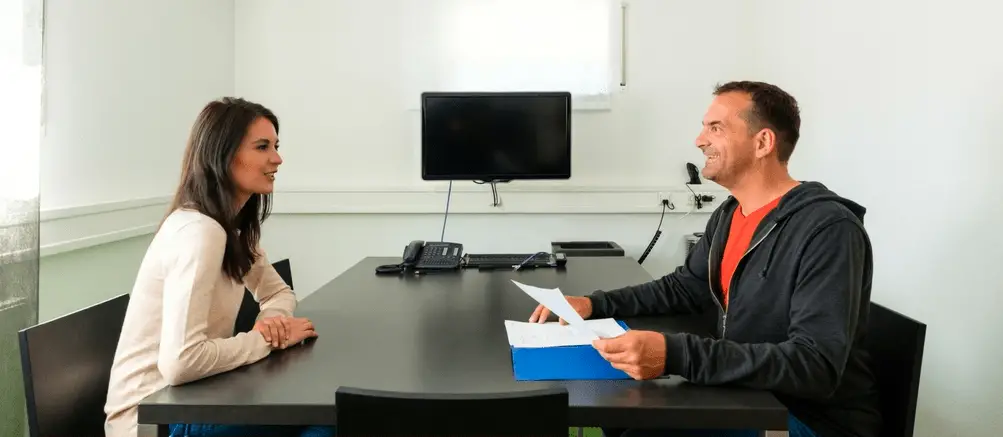
This post will look at how to extend your part 3 answers.
In part 3 the examiner will ask you questions that relate to your cue card topic from part 2. The answers you give should give your opinion and show the examiner your ability to use English well.
The questions may include advantages and disadvantages, problems and solutions, how something will change in the future and how something may have changed from the past up until now. It is a good idea to read the news as much as you can and form opinions on common topics, like the environment, technology, education, health and work.
Try to make your answer around 3-5 sentences long, you don’t want it to be too short or too long. Too long would be similar to a part 2 answer, which could lead you off the topic and onto something else. Too short and you will not be showing the examiner how well you can use English.
Take a look at the ways that you can extend your answers below, in the aim of getting you a higher score! >>
Express Your Opinion
Expand your answers with reasons…..give your opinion and say why you think that…… (depending on what you are being asked). You can use words like – for, because, since, as. For example;
Part 3 Question – How should students spend their summer vacations?
Answer – In my view, students should do something to benefit them during the summer break, as well as taking some time to relax. Since they have such a long period of time off in the summer months, there is enough time for them to have a holiday, as well as work to save money or intern. I think that gaining skills through work experience relevant to their studies, is a great way to utilise all of that time off.
Give Specific Examples
Support your answers with examples from your life, past experiences or from articles you have read on the subject. It is much better to do this then try to make something up, as you will be more confident giving an example that you have experienced. You can use – for example, for instance, such as, including. For example;
Part 3 Question – Is higher education too expensive in your country?
Answer – In my opinion, I think that the fees have risen too much in recent years. Expecting students to pay £9,000 per year for courses at many universities is really expensive. For example, my friend who has completed a masters degree, paid £10,000 to complete the course in one year, without funding from the government. The fees continue to rise, with many students opting to complete courses in a skilled trade rather than go down the academic route, mainly due to the costs involved.
Use Linking Words
You can extend your answers by giving contrasting details, using words like – but, however, although, even though, while, whereas.. etc. For example;
Part 3 Question – Should all students pay for their university education?
Answer – In my opinion, I think that students should be able to have a means tested university education, meaning that those whose family income is not enough to cover the costs, would have funding and bursaries from the government, whereas those who could afford it would have to pay the fees. However, this would perhaps create a divide between those who have money and those who do not.
Think About The Future
When the examiner asks you a question, think about the future – using the future tense. You can use will be/going to or in a hypothetical situation you can use would or could. For example;
Part 3 Question – How do you think people will travel in the future?
Answer – I’ve never given that much thought really! If I have to imagine what it will be like, I think that maybe some forms of travel would potentially become more luxurious and more expensive. For example, flights could become more expensive if some of the aeroplanes are made into luxurious cabins, with private areas for passengers. This could also happen on trains, with passengers able to buy more expensive tickets for their own cabin or fancy seating area. The next generation of travel may become high end and extravagant for those who want it.
PRACTICE
Practice as much as you can with a partner or your teacher, looking at past questions and working on your overall conversation. The best student answers are given naturally, giving opinions, explaining, and giving specific examples.
Think about the structures you need to use and the words that will help you to connect your information together. Take a look through the practice question and answers in this section to get some ideas.
Don’t overcomplicate it by thinking of ‘complex structures’ and grammar that you need to use when you are answering.
Join our private Facebook Group and find people to start practising with! Sign up for our newsletter to receive the link, then join the group to meet other IELTS students.
We hope you found this post useful in helping you to study for the IELTS Test. If you have any questions please let us know in the comments below or on the Facebook page.
The best way to keep up to date with posts like this is to like us on Facebook, then follow us on Instagram and Pinterest.
If you need help preparing for the IELTS Test, join the IELTS Achieve Academy and see how we can assist you to achieve your desired band score. We offer an essay correction service, mock exams and online courses.

